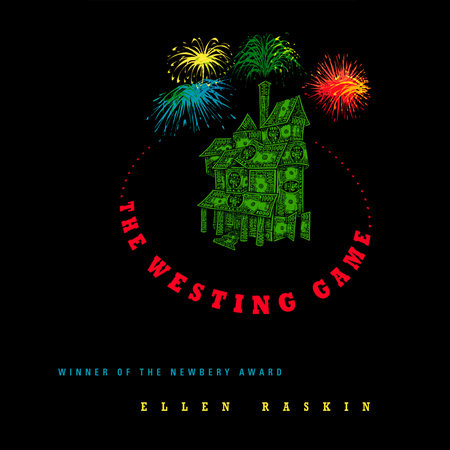Audiobooks for the Whole Family to Enjoy
Whether you and your family are embarking on a long road trip or staying at home to work on a puzzle, these stories are perfect to listen to together!
-
1
Buy from Other Retailers:
-
2
Buy from Other Retailers:
-
3
Buy from Other Retailers:
-
4
Buy from Other Retailers:
-
5
Buy from Other Retailers:
-
6
Buy from Other Retailers:
-
7
Buy from Other Retailers:
-
8
Buy from Other Retailers:


















